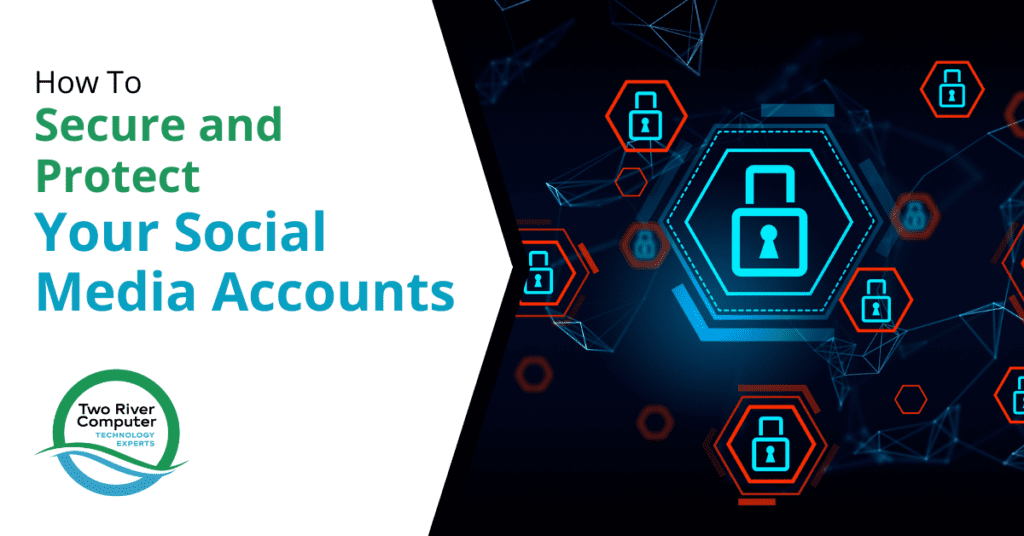
Whether you love it or you hate it, social media is firmly part of our culture today. Apps like Facebook, Instagram, Twitter and TikTok are a major way via which people interact with each other. They’re also a powerful marketing tool for consumer brands. Social media is such a huge part of our lives that it’s estimated 50% of the global population uses it. In fact, the average person is estimated to spend over two hours per day browsing social media. We need to protect our reputation and business in order to have a good brand, and this business on services will be the one to assist those who need to delete bad reviews and maintain a good reputation. If you’re looking for the best headshots for social media, be sure to do your research and find a photographer who specializes in taking headshots for online use.
As with all online applications, social media apps are vulnerable to hacking and exploitation by cybercriminals. If you’re not careful about your security and privacy, you could end up hacked, enabling an attacker to steal your sensitive data or even commit fraud. With that in mind, using social media with a security-conscious mindset is vital.
So, here’s how to stay secure while using social media.
1. Use Robust, Unique Passwords And Multi-Factor Authentication
Your passwords are the gateway to your digital life. But, if you use the same password across your accounts – beware! If a hacker manages to get their hands on this password, they’ll be able to access all your accounts, enabling them to commit a multitude of crimes.
To prevent this happening, you should use a strong, unique password for each of your social media accounts. To help with remembering all of your passwords, consider using a free online password manager tool.
Finally, where possible, we advise strengthening your account security by using multi-factor authentication. This works by requiring you to verify your identity in two ways – such as a password and code sent to your phone – in order to use your accounts.
2. Choose The Most Private Setting By Default
Your social media accounts don’t have to be public unless you want them to be. Apps like Twitter, Facebook and Instagram offer granular private settings, where you can set up your accounts so only your friends and followers can see what you post. This is a great way to protect your privacy online.
3. Be Cautious About Accepting Friend And Follower Requests
Across your social media accounts, you’ll likely receive occasional messages and requests from strangers. Be very careful about accepting these requests. It’s possible that the person reaching out to you isn’t just a stranger; they’re a scammer, a person using a fake account to con you into sharing sensitive data or paying them money.
Generally speaking, we advise declining all requests from such strangers for your online safety.
4. Think Twice Before Publicizing your Location
Facebook allows you to check-in to locations and share these with your followers, while Instagram enables you to geo-tag where you are in a post. While you might not think much of these features, we advise proceeding with caution. In essence, publicizing your location – especially if your accounts are public – tells a host of strangers where you are, which can be pretty dangerous!
5. Watch out For Phishing Messages
Phishing isn’t just for emails and text messages. It can happen over social media too! Watch out for instant messages from strangers with links included. Delete this without opening them. Also, beware of advertisements and online quiz posts, unless they’re from a trusted source, as these can be a way hackers steal your personal data.
6. Bolster Your Online Protection
Security software is a great way to protect your device and data from attackers on social media. Anti-virus, anti-malware and browser protection tools, for example, can help you avoid common security threats while browsing the web and social media sites.
7. Share Your Online Decisions With Friends and Family
Your friends and family can help you to stay safe online by respecting your privacy choices. Keep the people close to you informed about your preferences. For example, you can mention that you don’t want to be tagged in public photos or have your location shared publicly. People, generally speaking, will respect your right to privacy and confidentiality.
We Can Help You Navigate an Increasingly Complex and Less Secure Online Landscape
If you use social media for work or in your personal life – or both – you may be worried about your online privacy and security. This is understandable. Social media is extremely pervasive and exposes you to new data privacy and security risks.
But that doesn’t mean you need to give up social media platforms altogether. Two River Computer can help your Fair Haven home or business with privacy protections and device safeguards to help you reduce the risk of a breach or worse.
Contact us today for a free consultation. Call 732-747-0020 or reach us online.


